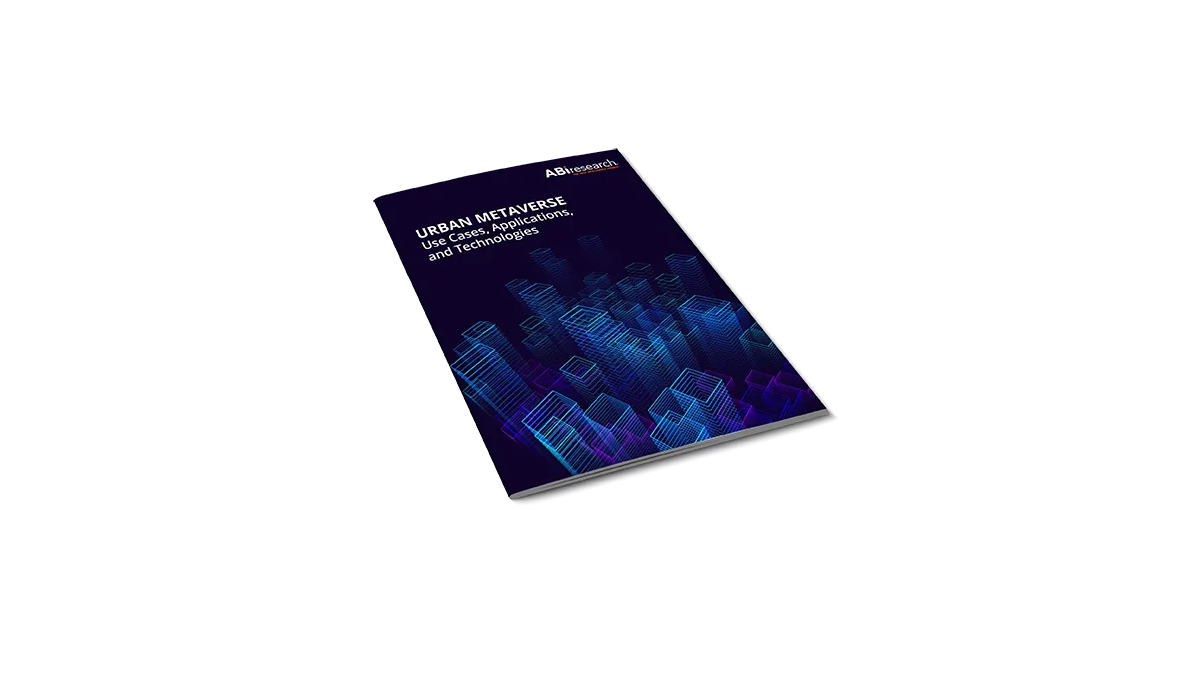Although the urban metaverse is currently in its early stages with a limited number of notable implementations, technology intelligence firm ABI Research predicts that by 2030 nearly 700 cities will have incorporated various forms of metaverse infrastructure that’ll often function as extensions of existing urban digital twin platforms and solutions.
City governments stand to benefit in several ways, including building political capital through increased citizen involvement and participation, as well as achieving substantial cost reductions linked to more intelligent and efficient urban infrastructure planning, operation and upkeep.
In addition, the urban metaverse will have a pivotal role in helping cities become environmentally sustainable, aiming for net-zero emissions and adopting circular practices.
Dominique Bonte, vice president, verticals & end markets at ABI Research said, “Though metaverse is undeniably overhyped and steeped in vagueness, the urban context offers interesting value generating use cases and applications, ranging from seamless interaction of citizens with eGovernment services, virtual tourism, smart infrastructure design, planning and development and urban workforce enablement and enhancement. This is especially important in complex urban environments which are challenging to design, maintain, explore and engage with.”
Early urban metaverse examples
- Metaverse Seoul – Government services (tax assistance); 3D environments; user-based avatars; virtual multi-office communication tools; urban gaming; virtual tour programs.
- Rome Advanced District (ROAD) project – Development of new energy supply chains; energy district modelling (Eni, Acea, Autostrade per l’Italia, Bridgestone, Cisco, Gruppo FS, NextChem)
- Tampere Metaverse Vision 2040 – Urban development and planning; workforce management; citizen wellbeing, equality, education, and healthcare; climate actions and sustainability; urban governance; virtual city exploration
- Maxar Technologies (SYNTH3D) – Digital twin enabling seamless simulation, visualisation, and AR/VR experiences of hyper-realistic satellite imagery-based 3D environments for smart cities
Urban metaverse technologies also revolve around creating immersive 3D encounters that integrate digital replicas, augmented reality (AR), virtual reality (VR), extended reality (XR), avatars, artificial intelligence (AI), cloud computing and mobile devices.
ABI Research believes that the urban metaverse environment will be predominantly influenced by urban digital and virtual twin providers like Dassault Systèmes, Siradel (Engie), Greenhill, and Autodesk, who will collaborate with established XR hardware and software metaverse companies, including Nvidia, Google, Microsoft (HoloLens 2), Magic Leap (Magic Leap 2), HTC (XR Elite), Apple (Vision Pro), and Meta (Quest 3).
You can purchase the full Urban Metaverse: Use Cases, Applications, and Technologies report released this month via ABI’s website.
Isa Muhammad is a writer and video game journalist covering many aspects of entertainment media including the film industry. He's steadily writing his way to the sharp end of journalism and enjoys staying informed. If he's not reading, playing video games or catching up on his favourite TV series, then he's probably writing about them.



































